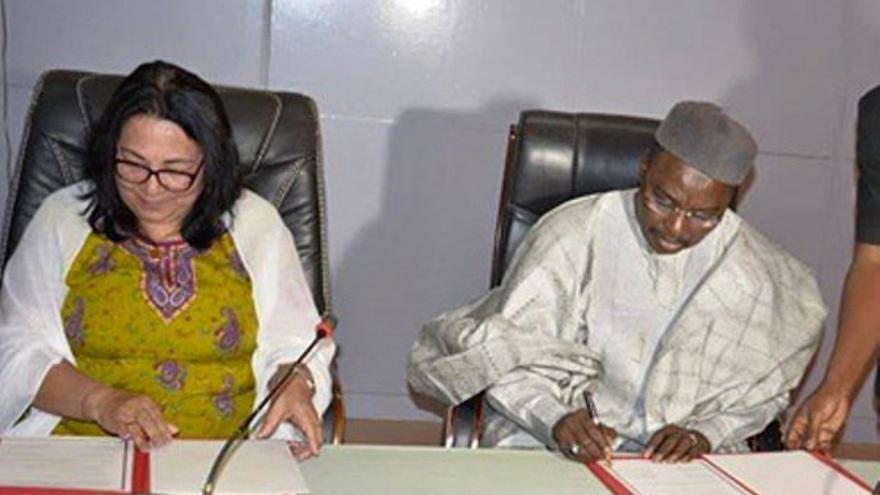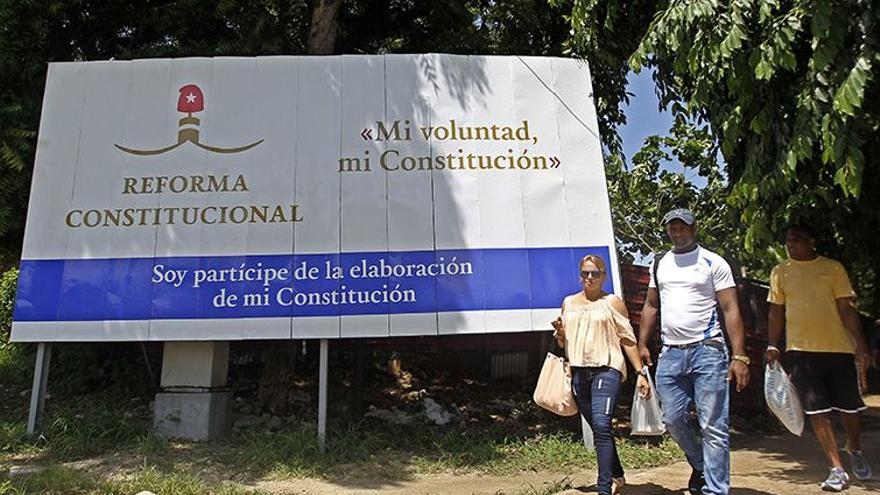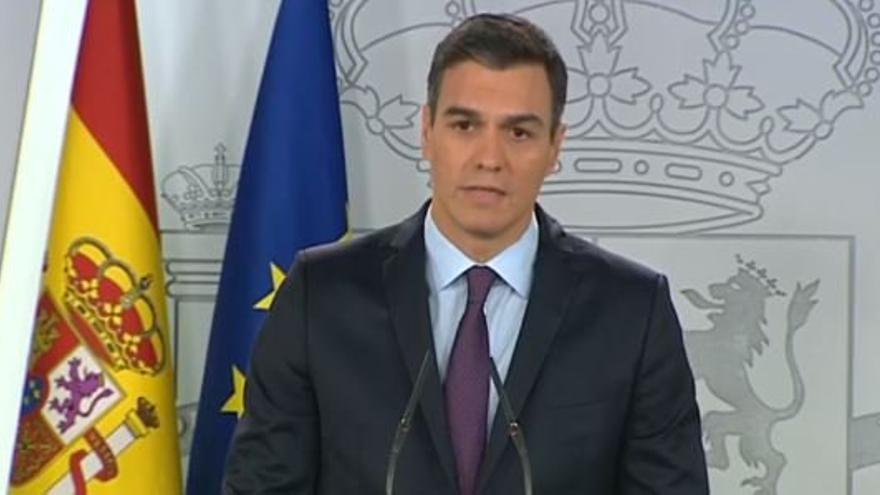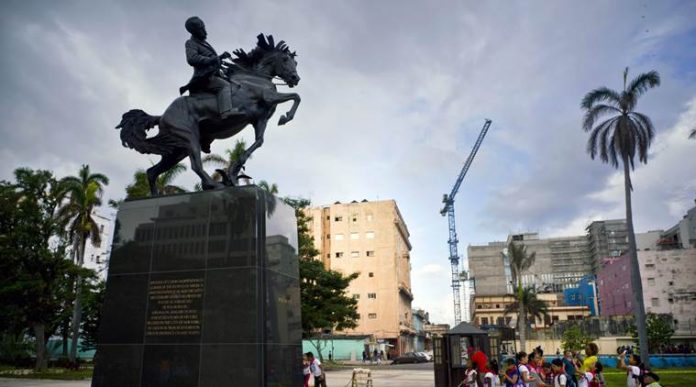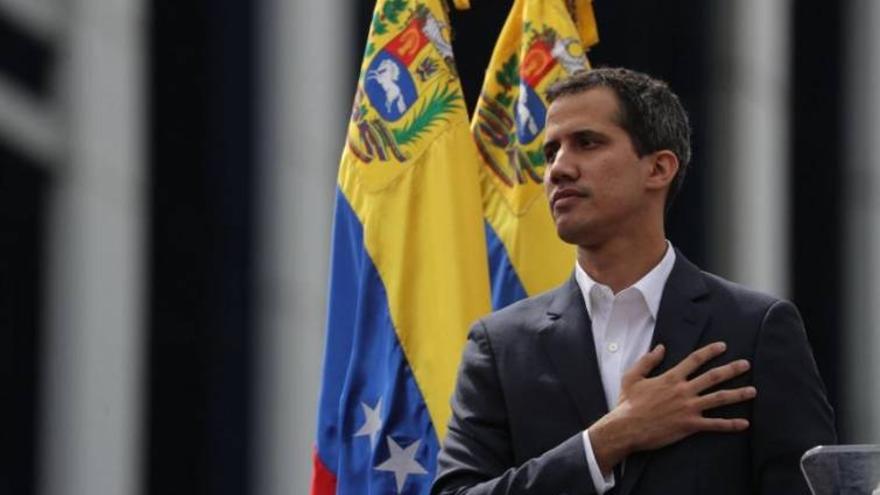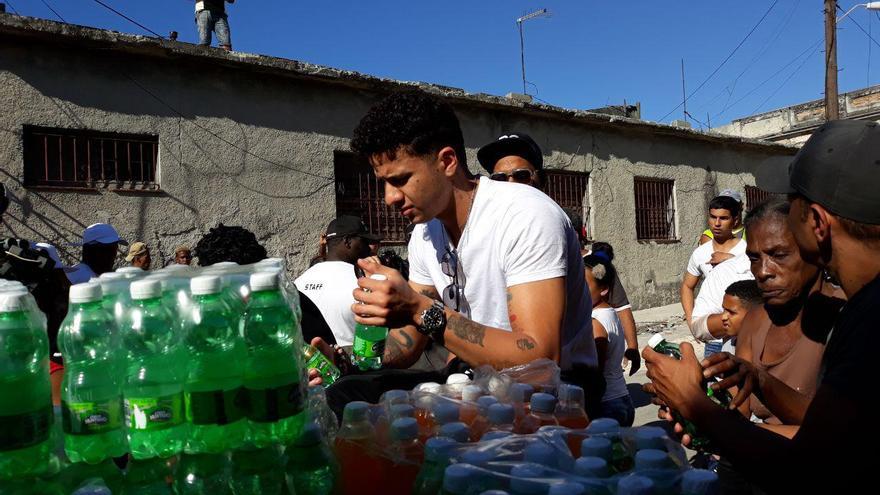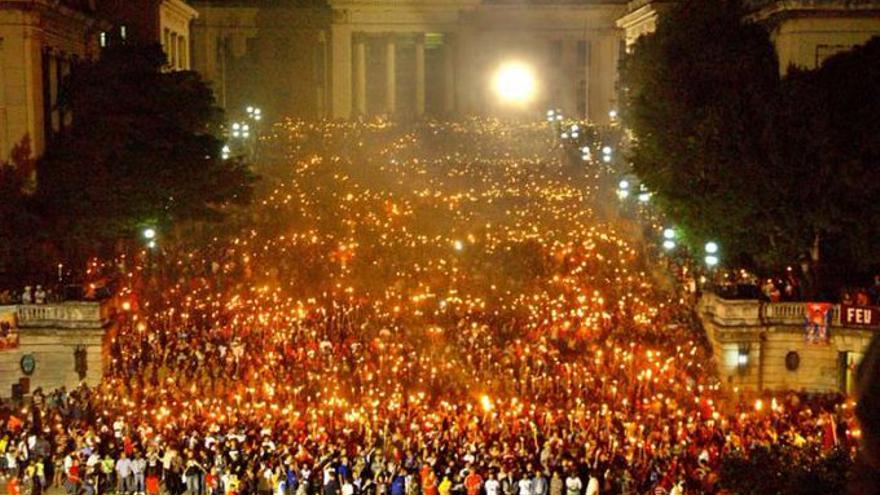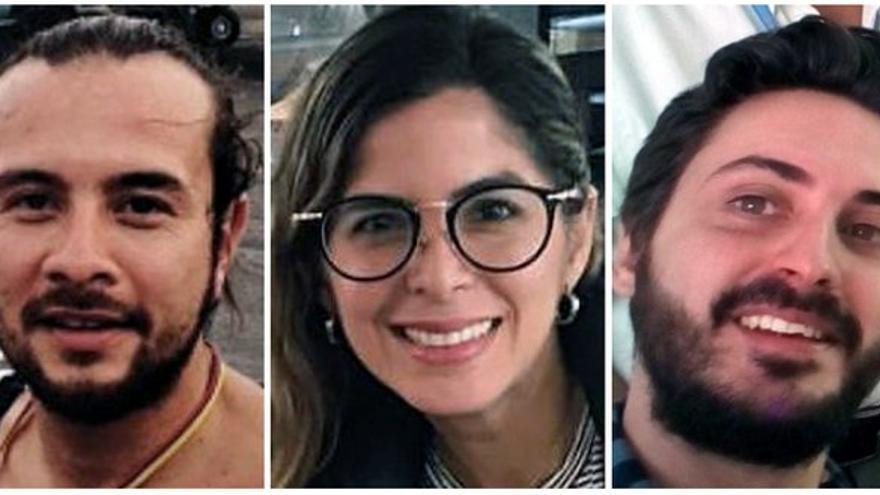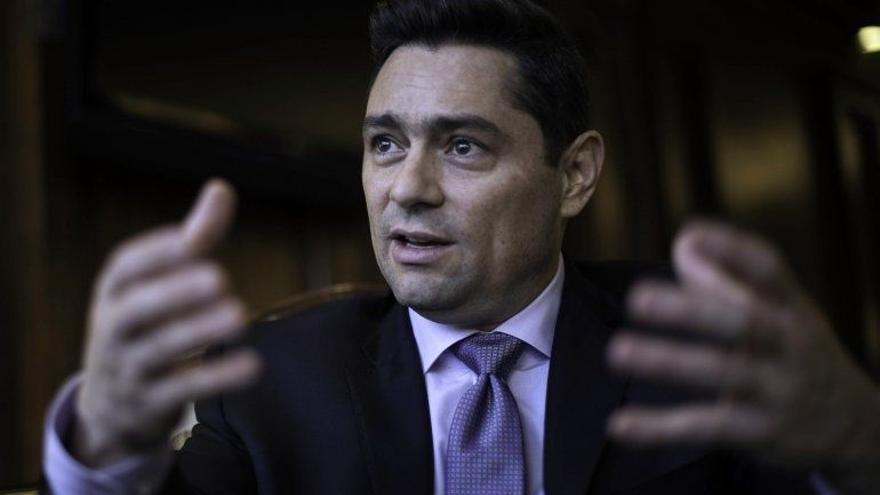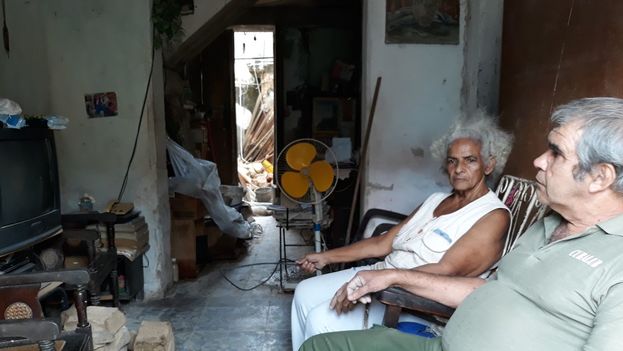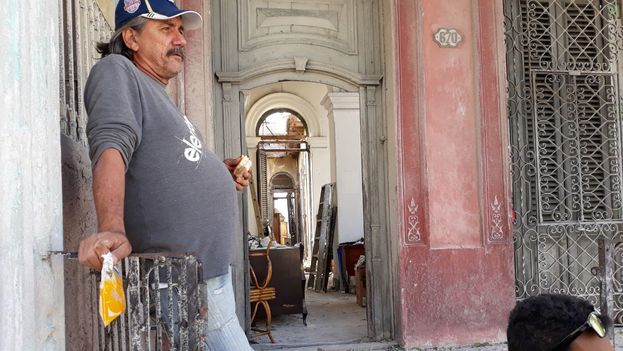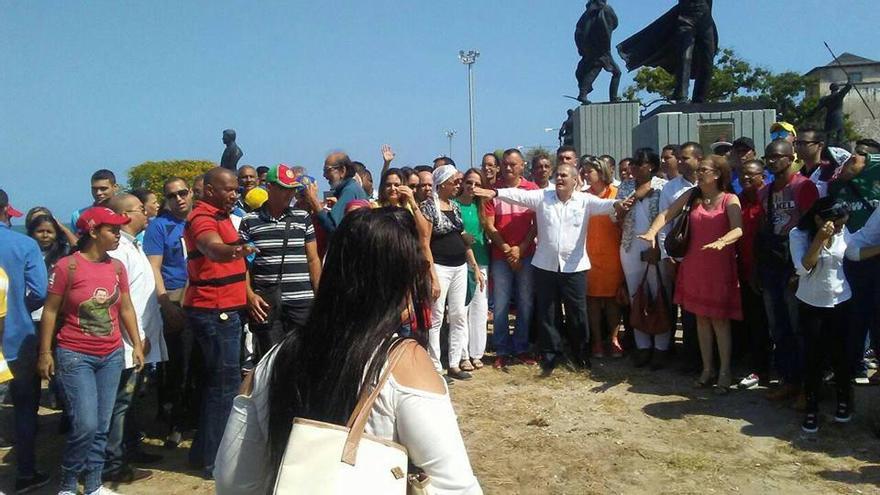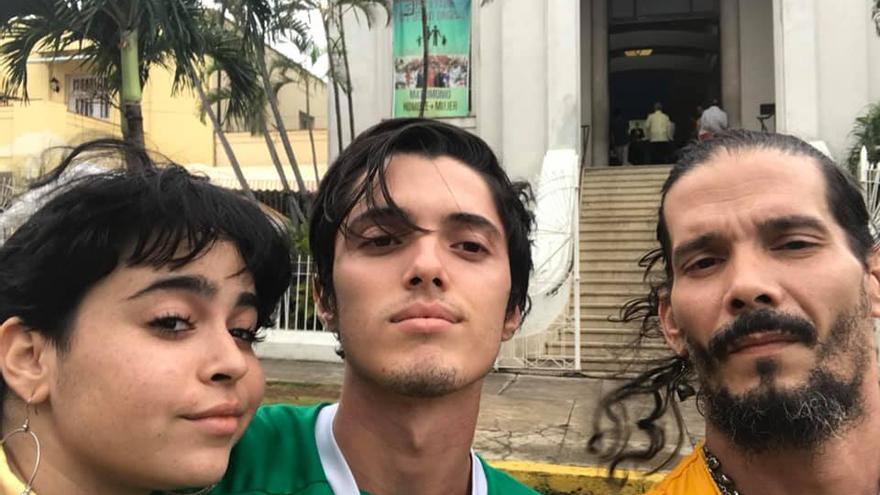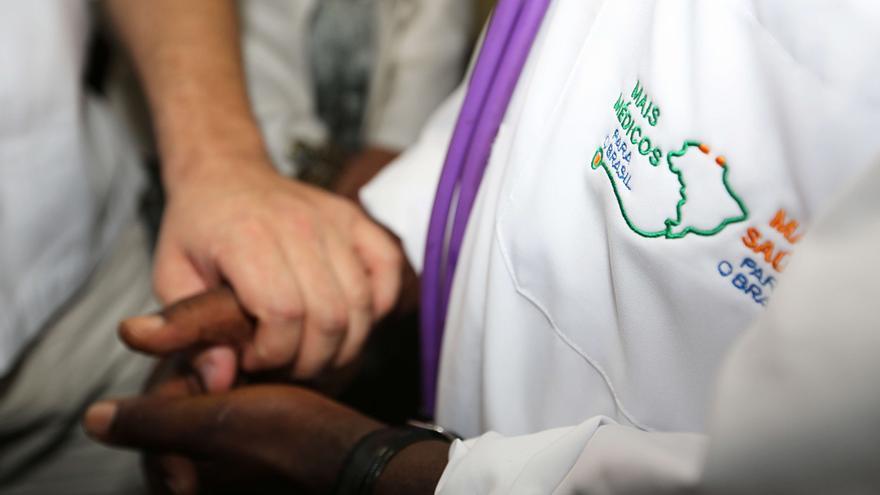
![]() 14ymedio, Havana, 8 February 2019 — More than 2,000 doctors who defied the orders of the authorities in Havana and stayed in Brazil after the end of Cuba’s participation in the Mais Medicos (More Doctors) program have sent a letter to Senators Marco Rubio and Bob Menéndez after learning that the Government of Jair Bolsonaro will suspend the health care program and will not offer them work.
14ymedio, Havana, 8 February 2019 — More than 2,000 doctors who defied the orders of the authorities in Havana and stayed in Brazil after the end of Cuba’s participation in the Mais Medicos (More Doctors) program have sent a letter to Senators Marco Rubio and Bob Menéndez after learning that the Government of Jair Bolsonaro will suspend the health care program and will not offer them work.
In the letter, which El Nuevo Herald had access to, the professionals asked that both politicians continue to support the efforts to reinstate the Cuban Medical Professional Parole program, repealed by former President Barack Obama in 2017, which grants US visas to health professionals who abandon the Cuban international missions.
The physicians claim that they stopped honoring their commitment to the Cuban government after having relied on Bolsonaro’s promise of offering them political asylum and employment, but nearly three months later most have not been able to find work as doctors. continue reading
“The situation of the doctors who decided to stay in Brazil has been darkened by reality, most of us have been abandoned and left in precarious situations surviving with the help offered by friends and many of those who were our patients and who once again have shown their gratitude towards us,” they explained.
The professionals ask in their letter to the senators that, if they are unable to reactivate the aid program, “they dialogue” with the authorities to help them find jobs.
Mayra Pinheiro, the Brazilian Secretary of Labor Management and Health Education, told the press on Thursday that the current government would terminate the Mais Médicos program and replace it with a new project, so there will be no further requests to fill the 8,300 positions left behind by the Cubans. “All vacancies were filled by registered Brazilians,”she affirmed.
With the closure of Mais Médicos, more than 2,000 Cuban professionals who hoped to obtain work in the state program will not be able to fill positions as health workers in Brazil. In addition, the Cuban government prevents recognizing legally the degrees of these doctors, whom it considers deserters.
Pinheiro, who had talked some time ago about the possibility of performing special revalidation exams for the Cuban professionals to speed up their incorporation into the system, now delegates that responsibility to Cuba and, when asked in an interview about the future of those doctors, responded that it was Havana that abandoned the program.
The first secretary of the Federal Council of Medicine, Hermann Von Tniesehause, said, for his part that, “there is great concern in the government in relation to the Cuban doctors who asked for asylum in the country.” Von Tniesehause denied that the physicians can practice without having taken the revalidation examination.
Last November, Bolsonaro, at the time the president-elect of Brazil, said that the Cuban doctors of Mais Médicos were “slaves” of a “dictatorship” and asked for the modification of the conditions of the program. Havana reacted by abandoning the agreement and facilitating the departure of thousands of its professionals, who had been working in complex areas of Brazil for years.
More than 2,000 of these workers decided to stay in the South American country encouraged by the president’s promises, but now they survive without jobs and see their expectations shattered.
Translated by Wilfredo Díaz Echevarria
_________________
The 14ymedio team is committed to serious journalism that reflects the reality of deep Cuba. Thank you for joining us on this long road. We invite you to continue supporting us, but this time by becoming a member of 14ymedio. Together we can continue to transform journalism in Cuba.

